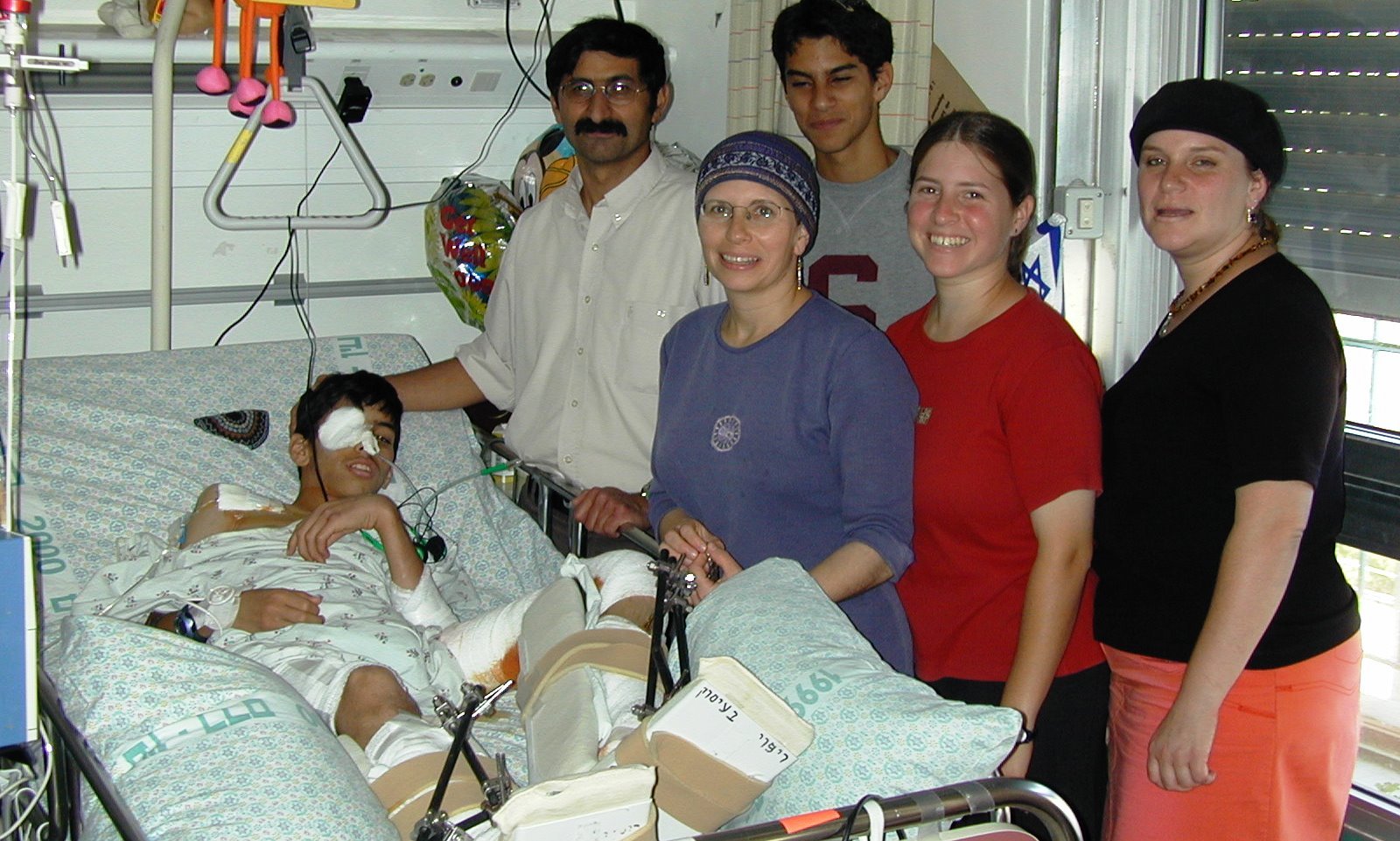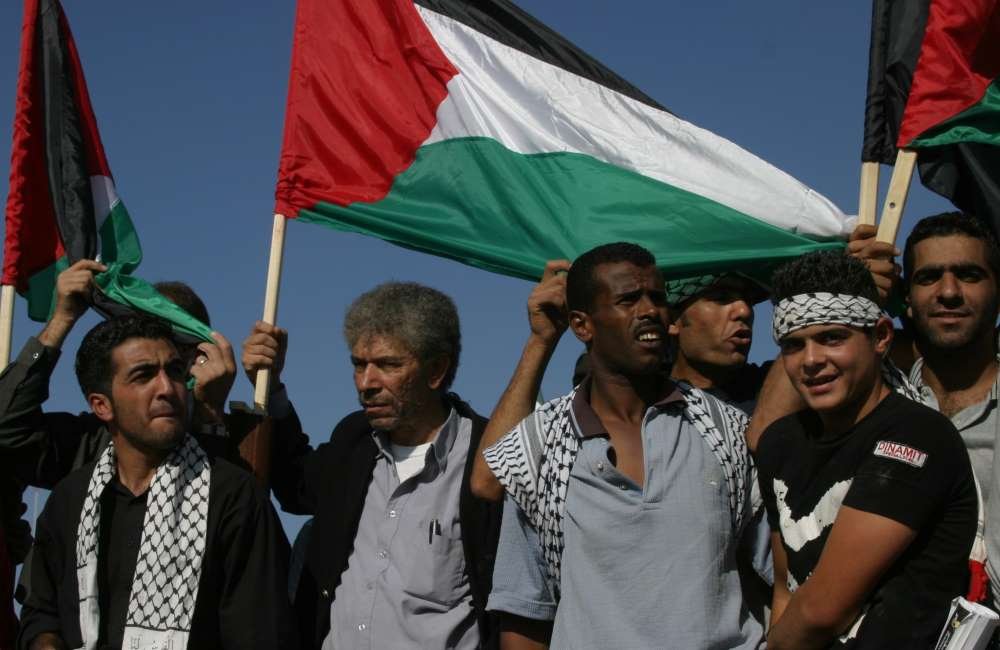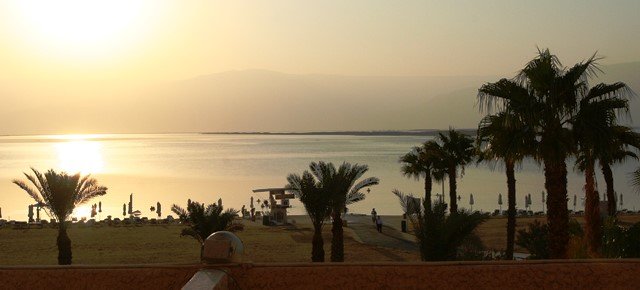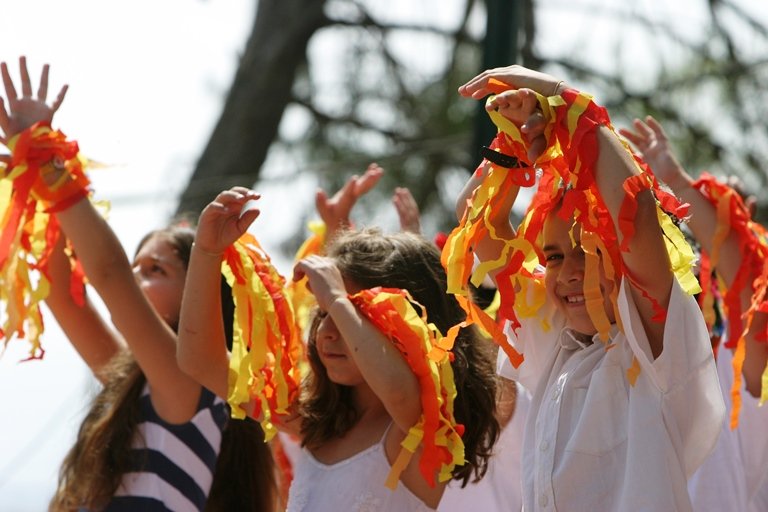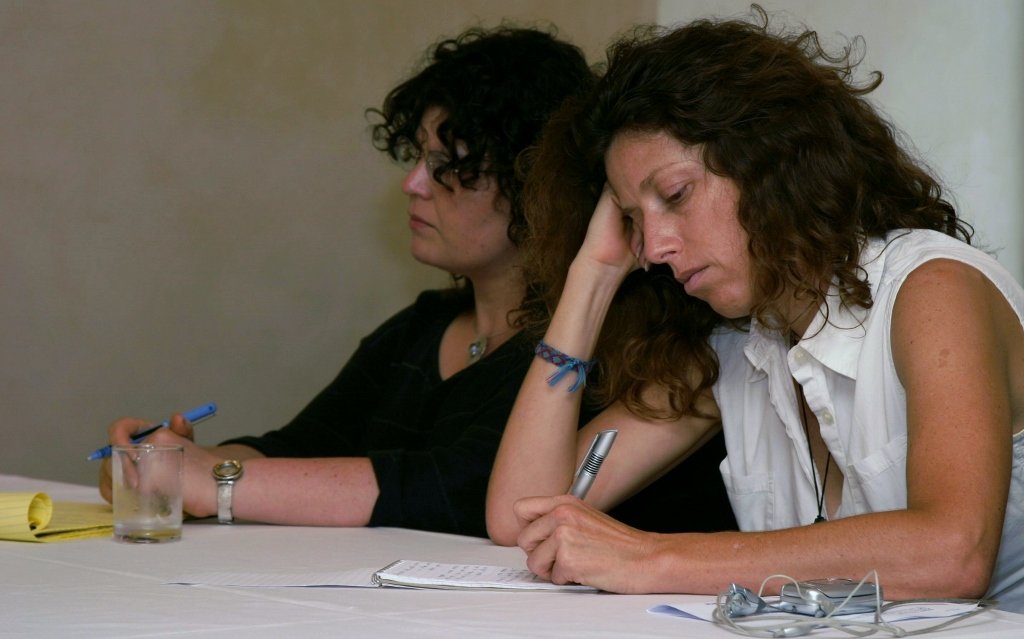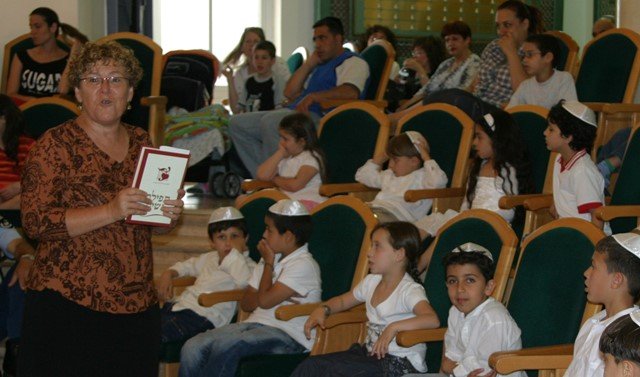Share This Story, Choose Your Platform!
“God has everything in his hand!” Hanna Musai sits besides the hospital bed of her severely wounded son. She admits: “That I can say this today, is a luxury. This is beyond any understanding!”
It is notable that the young woman has passed the last weeks waking and crying. “And Dvir has still another long way ahead”. On the late morning 11 of June 2002, a Tuesday, Dvir Musai had helped with the cherry harvest, together with about 50 other Talmud pupils at the age by 13 to 15 years. On the way back to the armored school bus a bomb explodes besides the 13 year old children. Three of them are hurt, Dvir very heavily.
An army helicopter brings the three boys, Dvir Musai, Elyashiv Gali and Evyatar Margalit, to the Hadassa hospital at Ein Kerem near Jerusalem. The Jewish community prays in particular for “Dvir ben Hanna”. The medics, who gave first aid to Dvir and accompany him on the way to the hospital, are depressed. Every day they deal with wounded, often children. “Dvir is a hero!”, they tell his parents. Of the other children many suffered heavy shock. Dvir is conscious all the time and he is in terrible pain. Nevertheless in the helicopter he already asks: “Will I keep my legs?”
In the evening the “Deutsche Welle” reports: “At a bomb attack on a school bus of Israeli settlers near Hebron on the West Bank, three young people were hurt. Israel continues its military deployment on the West Bank…”
The next morning suicide bomb attack in the Sokolov street in Herzliya and Ariel Sharon’s visit to Washington already pushed Dvirs story out of the headlines. The Palestinian Authority condemns the suicide bomb attack as “counter-productive for Palestinian interests”, affirms however at the same time “the right of our people to defend its land and to resist the Israeli occupation since 1967”. Thus Nobel peace prize laureate Yasser Arafat sanctions the assassination attempt on the school class, that took part in the cherry harvest in a Jewish field. A day later an inquiry shows that 68 percent of the Palestinian population is in favor of suicide attacks in Israel.
A few months earlier the owner of the field, Menachem Livni of Kiryat Arba, narrowly escaped a similar attack. He discovered the bomb in time, so that it could be defused. His cherry tree garden with the name “Sdeh Kalev”, “Field of Kalev”, can be proven since 1936 to be in Jewish possession. Even the native Arabs call it “Ard al-Yahoud”, the “land of the Jew”.
For the world Dvir is only one of many news items of June 11, 2002. However, for Hanna and Motti Musai and their family the first of Tammuz 5762 according to the Jewish calendar, is a day, that for ever changed their life.
Motti is a principle of a primary school in Kiryat Arba and was born in the land of Israel. His family originates from Persia. Hanna was born in the USA, her father originates from South Africa. In 1971 she came with her family to Israel. In 1985 she married Motti. Since 1987 the Musais live in Beit Haggai, a small Jewish settlement south of Hebron. There Dvir was born as the third of six children. There Hanna works as a secretary of a youth village treating children with educational problems.
“Dvir is alive!” Hanna is grateful for this. Their son was very severly hurt at both legs and in the abdomen. “It is a miracle that he could keep his legs”, she admits. So far the teenager underwent four operations. The fifth is going to take place soon. The crucial abdominal operation will only be possible in a few months. Dvir was only able to eat three days following the attack. Now he can neither eat nor drink and he must be fed intravenously. His whole abdomen was so torn to pieces that no food could be consumed. He cannot even drink water.
Since the veins of his arms cannot suffer any more needle injections, an entrance is made at his neck.
“Dvir still has a long hard road ahead of him, which he will manage with the help of God.” The parents of the boy know what they are talking about. Day and night someone must be with Dvir in the hospital. With everything he needs assistance. “Yesterday he had to use the wheelchair for the first time”, tells Hanna. That was a torture. “I can’t! I can’t! Leave me alone!” Dvir cried. I had to say to him again and again: “You can! You have to!” I thought my heart was torn apart. I would want to say to him: “Stay in bed and just rest!”
And then there are the questions about why. “Why did this occur to me?”, Dvir asks. The parents struggle together with their children for a answer, that does not exist. “What am I to say? How can I explain all this?” the adults ask themselves. Hanna explains to her children, “that everything is always partly our own responsibility and partly it is God’s plan for us. He wants to educate and form us.”
The worst for Hanna was, when Dvir was taken off the respirator after six days. Because he was given painkilling medicines via the respirator, removal was like a drug withdrawal. Dvir suffered terrible pains, cried, struck around and wanted to pull out all probes, the tubes and infusions. The fight took a whole day. Several persons could hardly restrain him by force. “Then I started crying!” Hanna rebukes: What did you do to my child? “Nobody had prepared me for this” she says in retrospect and “saying that this is common, does not help.”
What does help, is the community, the Yeshuv, the group of orthodox Jews in Beit Haggai. “There is always someone to offer help, someone who will cook a meal, help with the night watches or take over driving services. There is nothing like this anywhere else in the world.”
Despite the heavy fate of the Musai couple, one feels that their hearts burn for their homeland.
“Sometimes we seem to be out of patience. We have five other children. But so far God has always given us the strength we need to continue.” Without trust in God, a life at a place like Beit Haggai is unthinkable. “Of course there is fear”, admits Hanna. “every time Motti is on the way home from the school and he is late.”
A few years ago Hannas friend, the teacher Rina Didovsky, likewise mother of six children, was shot on the way to school.
The mobile telephone rings often at the parents. One is constantly in connection. “Life is no picnic. One often asks oneself: Which would if be…?”
But life in Netanya, Hadera, Jerusalem, Afula or Tel Aviv is not safer either. Most terror victims of the past months fell in the “heartland of Israel”.


